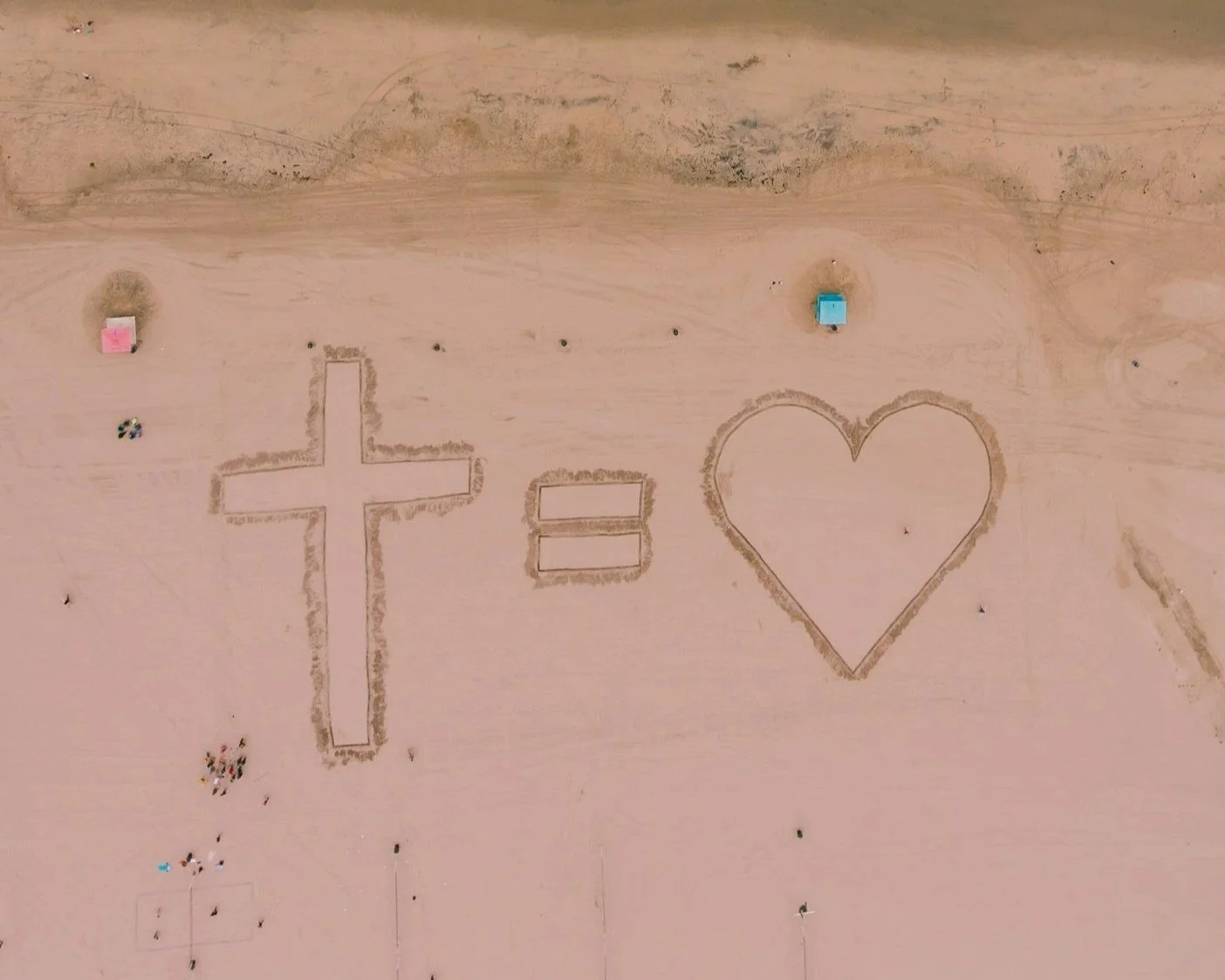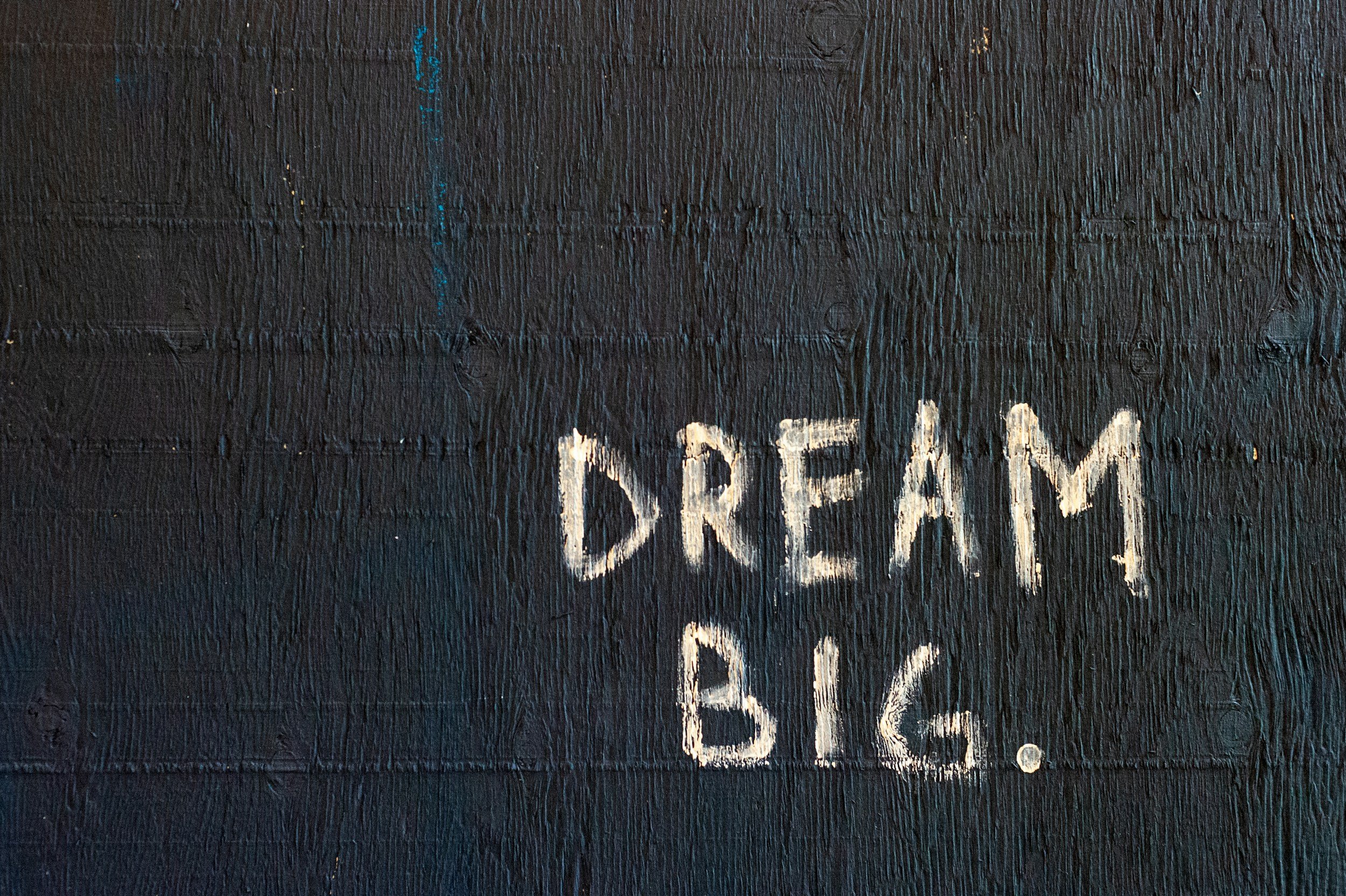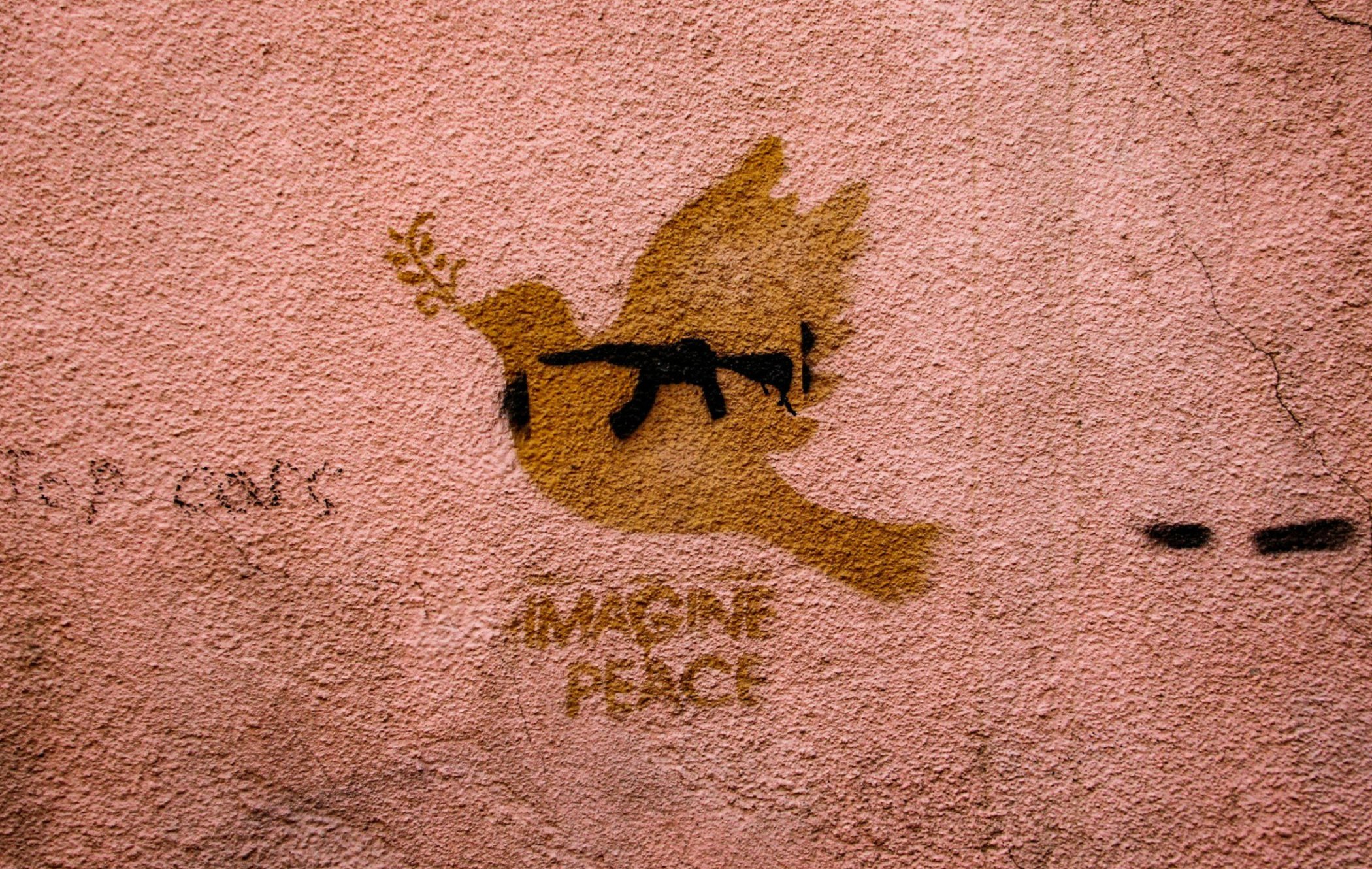Embracing Discomfort: The Hard (But Worth It) Work of Building Peace
by Julia Davies
“You don’t make peace with your friends; you make peace with your enemies.”
The book I’m reading, City on Fire by Don Winslow, is a fictional novel about Irish and Italian mobs in Providence, Rhode Island, set in the late ‘80’s. I read this quote in this violent and bloody book about a war between two mafias, and thought it was so simple, yet so good.
“Making peace,” “resolving conflict,” “building bridges” – whatever you want to call it – is by definition hard. It’s challenging and uncomfortable. There is no way around this. Of course, there are skills and tools we can learn to become more effective at dealing with conflict, and these are important for everyone to develop. But the task itself is inherently hard, because if it wasn’t, then the conflict wouldn’t exist and the work wouldn’t need to be done. That’s unavoidable and must be accepted. “You don’t make peace with your friends.”
The word “enemies” tends to be associated with two parties sharing a mutual hatred of one another, but the quote is sticky, so “enemies” works, but the wider interpretation I want to take is the “out-group” or the “other.” Someone of a different political group, religion, ethnicity, race, or socio-economic class. We might not consider them our “enemy,” but they are different from us. They hold values and beliefs that contradict ours, and in our subconscious brain, they get categorized as the “enemy.” It is safer not to associate, not to engage, and to separate. They could challenge things that define who we are, and that is uncomfortable and scary.
I’m not minimizing this discomfort or fear. Sometimes it’s justified and not safe for groups to interact with the “other.” The point I am making is that building bridges across differences is hard, and will always be hard. Career peacebuilders, full of conflict transformation knowledge and skills, still fight with their families.
“Nothing in the world is worth having or worth doing unless it means effort, pain, difficulty” said Theodore Rosevelt. Evidence from psychologists, neuroscientists, professors, and religious leaders point to this being literally true – that doing hard things is good. Psychologists will argue that humans evolved to get a greater psychological reward from doing harder things as an incentive to keep us searching or hunting for survival. Neuroscientists point to a region of the brain that enlarges when people regularly lean into difficult challenges, and the size of this region correlates with healthier cognitive function as we age. Christian leaders preach that Jesus lived a deeply uncomfortable life and taught his followers to expect discomfort if they were to live as he did.
The paradox here is that I think most people agree that resolving conflicts is hard – whether international conflicts or interpersonal disagreements. Yet people are also praised for “standing up for what we believe in.” We are strong, competitive, and passionate. Hailed for “winning the argument.” No one wants to be called “agreeable” – with its sister words of weak, passive, and careless. While both approaches are appropriate depending on the context of the conflict, I think these associations should be reversed.
It’s easier to argue and disagree, even if we’re less confrontational by nature and our disagreement is purely internal. One of the reasons this is true is because of our cognitive biases. People pay more attention to negative information than positive information, making it easier to find faults or inconsistencies (negative bias), and when combined with our other tendency to remember information that confirms our pre-existing beliefs (confirmation bias) – disagreement becomes our default. Or if we just think logically, proving something right is much harder than proving it wrong.
Actively trying to understand someone we disagree with is hard. Someone directly questioning our values is challenging. Being the “only one” in the room is uncomfortable. And to put the pieces together – making peace is hard, and doing hard things is good. It’s way more complex than that, but I think this can be a start. Have the difficult conversation you’re putting off, put on the news channel you hate, strike up a conversation with someone you normally wouldn’t, and take the first steps toward building peace.
For more:
Michael Easter, The Comfort Crisis: Embrace Discomfort to Reclaim Your Wild, Happy Self
Alexandra Touroutoglou, Joseph Andreano, et. al., “The tenacious brain: How the anterior mid-cingulate contributes to achieving goals”; or see Andrew Hubberman, “How to Increase Your Willpower & Tenacity”
Michael Easter, “Do Hard Things”
Julia is a Peace Catalyst intern in Bosnia and Herzegovina. She is a recent graduate of Ohio State University, where she majored in history and political science with research distinction. During her three-month study abroad program in Rwanda, Julia worked with youth groups and women’s associations addressing transgenerational trauma and promoting forgiveness. Her research on collective memory and genocide memorials and their role in promoting reconciliation has given her a unique perspective on the power of peacebuilding. Learn more about Julia here.





